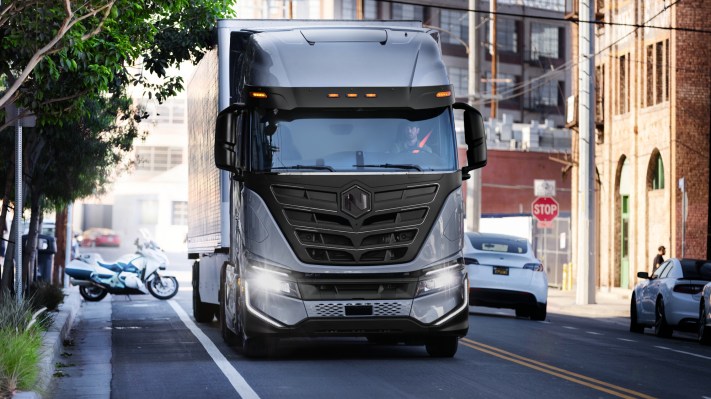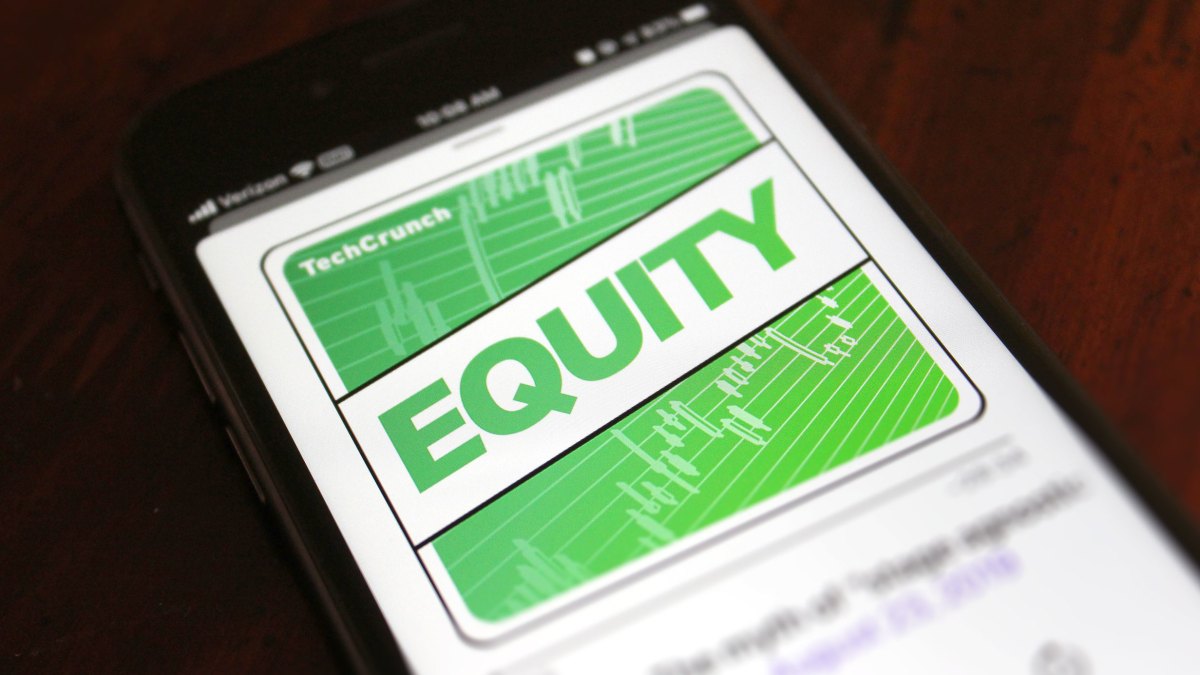Nikola finally gets enough shareholder support to issue more shares | TechCrunch

After three attempts and a change in Delaware law, EV truck maker Nikola was able to get enough shareholders to vote on a proposal that will allow it to issue more shares.
Nikola said Thursday it received the requisite number of votes to pass a proposal that authorizes the board to issue more shares. If investors bite, Nikola could raise the capital it says it needs to keep operations running and ramp up commercial production.
Companies incorporated in Delaware that wanted to issue more shares used to need more than 50% of all outstanding shares to vote in favor of the proposal. Under the change that went into effect August 1, companies now only need to receive a simple majority of the votes cast.
Nikola failed to get enough shareholders to vote at its June 7 and July 6 meetings.
“We are immensely grateful for the unwavering support and confidence our stockholders have demonstrated in Nikola with the passage of all of this year’s Proposals,” Nikola CEO Michael Lohscheller said in a statement. “This positive outcome, particularly with respect to Proposal 2, was critical for continued growth and success as we move forward with our strategic priorities, including autonomous technologies and software, our HYLA hydrogen ecosystem and the recent launch of the Nikola hydrogen fuel cell electric vehicle.”
Nikola is among a group of EV and mobility startups that went public via mergers with special purpose acquisition companies before generating revenue. Many of these, with Nikola leading the pack, were swept up in the meme stock craze during the pandemic and saw shares — and market cap —skyrocket. All of these stocks have come crashing back down to earth, leaving EV SPACs like Nikola scrambling for cash.
Nikola has also cut costs. In May, the company laid off 270 employees, or about 23% of its workforce, and announced plans to restrict electric truck efforts to North America. About 150 workers who were supporting the company’s European programs were laid off. Another 120 employees based at the company’s Phoenix and Coolidge, Arizona sites also lost their jobs. About 900 employees remain.




